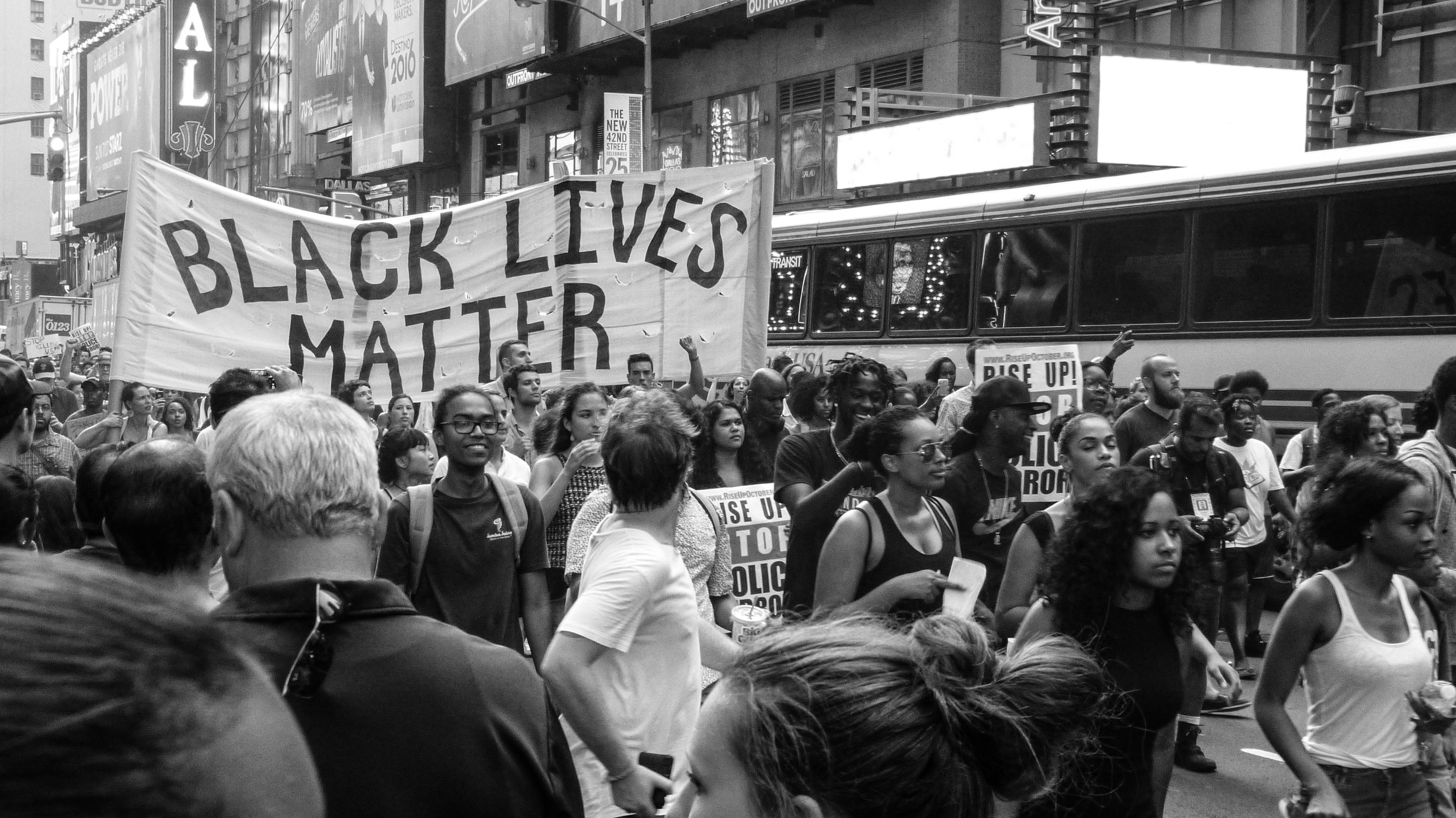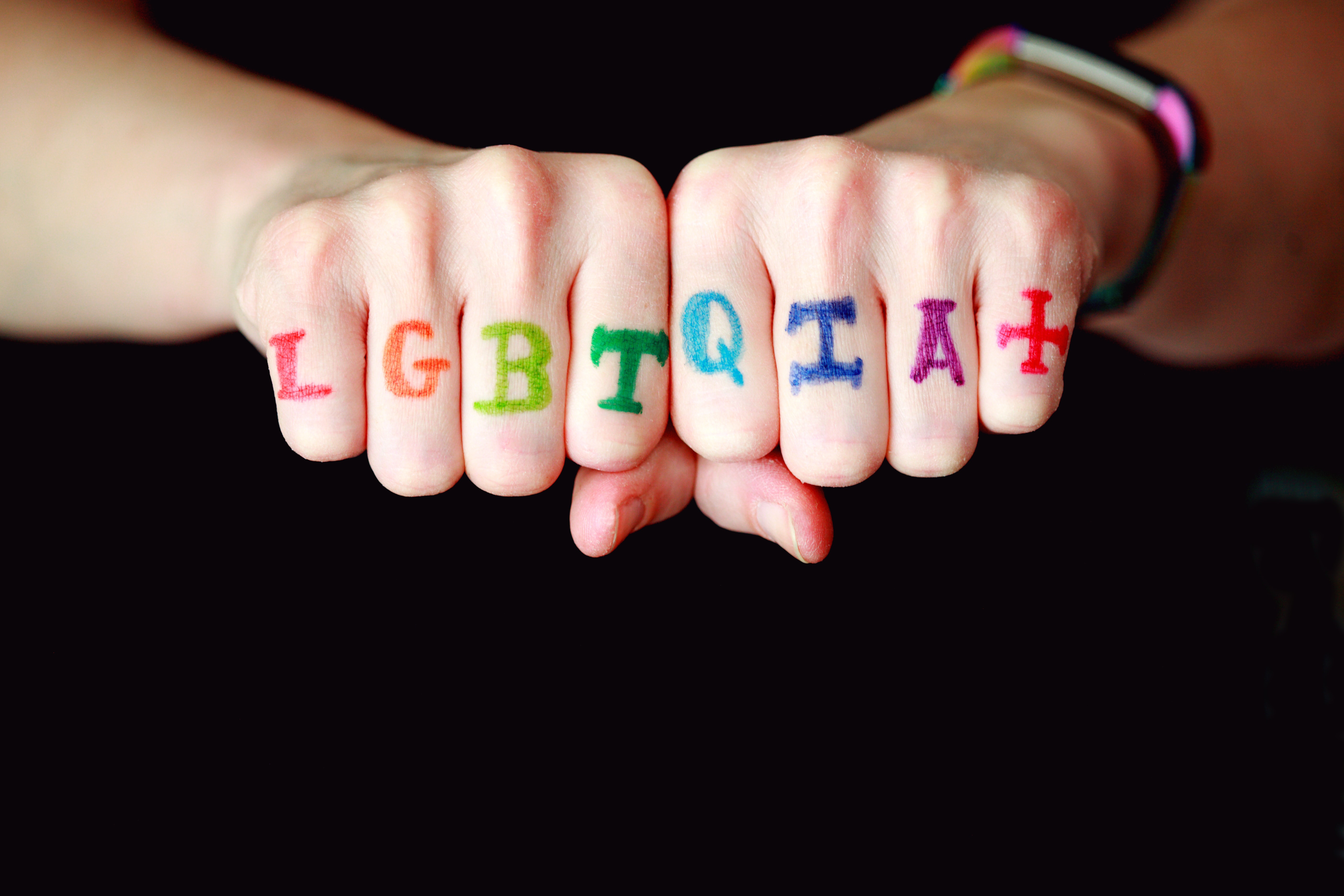The Meaning of Nuzulul Quran on 17 Ramadan, Practices That Can Be Done Along with Its History and Prayers
Here is the meaning of Nuzulul Quran along with practices that can be done, complete with its history and prayers. Let's check it out, KLovers.

Kapanlagi.com - The meaning of privilege has become a common topic of conversation in Indonesian society. This can be caused by the awareness of each individual about the privileges they have or do not have.
Privilege itself is a special right. Awareness of these privileges, directly or indirectly, can trigger someone to compare their fate with others. For example, family background, gender, social status, and so on.
For those who have privilege, sometimes admitting it can be difficult because their ability is considered not to be the result of their own hard work. Well, if you are interested in understanding the meaning of privilege further, please read the following explanation.

Illustration (Credit: Unsplash)
The meaning of privilege is a special right or advantage that a person has. This advantage is obtained due to certain aspects such as identity, social status, gender, and so on. These aspects enable a person to have access to certain services or privileges that others do not have.
Therefore, privilege is often associated with discrimination and economic inequality which can ultimately affect social inequality. For a more detailed explanation, the meaning of privilege can be seen as a right that tends to reflect greater power differences in society as a member of a dominant group.
Meanwhile, those who do not have privilege require a greater struggle to achieve the same accomplishments. Although it may seem enjoyable to be a privileged person, admitting it can sometimes be uncomfortable.
However, the privilege that a person obtains is not their fault. Those who achieve success with all the privileges they have often belittle their accomplishments because they have received a lot of support and do not need to work too hard. Therefore, privileged individuals sometimes find it difficult to acknowledge their advantages. However, privilege should be acknowledged in a way that supports justice in society.
It is also important to remember that privileged individuals are not immune to difficulties or hardships in life. However, they still have more advantages that others do not have.

Illustration (Credit: Unsplash)
After understanding the meaning of privilege, you can observe some examples in daily life. One of them is race. Based on race, white folx gain advantages that are not obtained in society. For example, white people tend to be treated better than those who come from Black, Indigenous, and People of Color (BIPOC) communities. BIPOC itself is a terminology used to describe people who do not have white skin and live in the United States.
Although white skin is not immune to life problems, these problems are not caused by skin color.

Illustration (Credit: Unsplash)
The meaning of privilege can also be seen from social class. For example, wealthy people or people with a high social class have advantages that are not obtained by those who lack financial resources. Although wealthy people also have life problems, these problems are not caused by financial resources. Meanwhile, poor people can be oppressed because of a lack of financial resources.

Illustration (Credit: Unsplash)
Gender is also an example that you can see as a way to understand the meaning of privilege. Cisgender (often abbreviated as cis) refers to someone who has a gender perception that matches their sex. This suitability refers to the stereotype that men are masculine and women are feminine. Cisgender individuals have privileges over transgender and non-binary folx. In addition, men have advantages that are not received compared to marginalized genders.
People who identify as cis still face challenges, but the challenges in their lives are not related to their identity as cisgender individuals. On the other hand, cissexism greatly affects the lives of trans and non-binary people.

Illustration (Credit: Unsplash)
Individuals with heterosexual orientation tend to receive special treatment compared to those with other sexual orientations. This can also be used as a way to understand what privilege means. For example, heterosexuals benefit from the social construction that places them in the dominant group compared to homosexuals, asexuals, pansexuals, and others. Although of course, individuals with heterosexual orientation also experience difficulties in life, but that has nothing to do with their sexual orientation.

Illustration (Credit: Unsplash)
Speaking of ability as a privilege, individuals with a healthy body certainly have an advantage compared to those with disabilities. This ability certainly has an impact on life. This needs to be acknowledged because people with disabilities do not have privileges like ordinary people in social life.
Research on the experience of being able to find that 28.3 percent of students with disabilities reported having experienced microaggressions in their social work class, such as minimizing or ignoring disability issues, bullying, and others.
Well, KLovers, that's an explanation of what privilege means along with examples in everyday life that you can understand.
(kpl/gen/ans)
Cobain For You Page (FYP) Yang kamu suka ada di sini,
lihat isinya
Here is the meaning of Nuzulul Quran along with practices that can be done, complete with its history and prayers. Let's check it out, KLovers.
Surah At-Takathur, meaning verses 1-8, contains many lessons. The meaning of Surah At-Takathur is to boast. Here is a further explanation for KLovers.
Every Independence Day commemoration, the word dirgahayu appears in spirited congratulatory sentences. So, what does dirgahayu mean? Find out the answer in this article.
Humans need to have concern for the condition of the forest. This concern can take the form of seeking knowledge or taking direct action, such as reforestation. However, before that, you need to find out about the meaning of reforestation, goals, and types of plants first.
Although it often makes us anxious and tense, the meaning of dreaming of being pregnant does not always mean something bad. Curious about what the meaning of dreaming of being pregnant is?
There are a number of terms in the IT world that are quite popular. Like servers, do you know what the meaning of servers is? Check it out here.
Here is the general meaning of benefit and according to experts. Along with the types of benefits and also the determining factors. Let's check it out KLovers.
When gathering with friends, you may need a game to make it more fun. At times like these, recommendations for Android multiplayer games are often sought after. In addition to filling free time, multiplayer games can also be a way to get closer.
Curious about what the best Hollywood film recommendations according to IMDb are? Here are some of the best film lists according to IMDb that you shouldn't miss.
For those of you who are not used to cooking by yourself, reading recipes can be a reliable trick. Looking for vegetable dish recommendations every time you cook is not a problem. Instead, it can help you get used to choosing menus for your family.
Inspirational film recommendations contain interesting and touching stories that can even rekindle your spirit. Here's a list of inspirational films for KLovers.
Interested in watching recommended comedy action films? If so, check out the list of recommendations below.